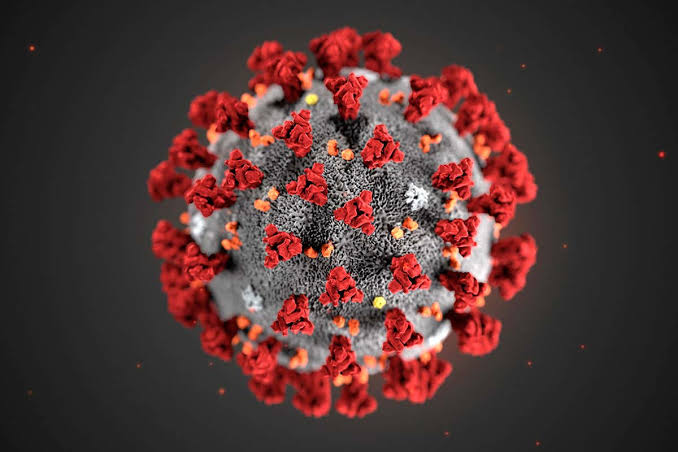BtS Vol 1, Issue 10: COVID-19 and the Politics of Vulnerability

While the Coronavirus pandemic remains a global challenge, there are certain groups that are particularly vulnerable to both the disease and its secondary social impact. Internally displaced persons are one such group, owing to their cramped living conditions, inadequate nutrition, poor health and sanitary practices, as well as the scarcity of reliable information about them and support structures.
Many African states have implemented lockdown measures which affect the subsistence of these IDPs and by extension, the societies which harbour them. In Nigeria for example, the transfer of Almajiri’s from one state to the other has been an issue of concern. In Sudan, the European Commission is creating measures to ensure internally displaced people camp have access to water to practice handwashing to avoid the spread of the virus.
The time is ripe for African leaders to exert political will and implement measures that effectively manage vulnerable minors in the society who are often victims of child soldiering, terrorism, traditional rituals, kidnapping and other vices.
Upon this premise, StateCraft Inc. makes the following recommendations:
- Communication
- Decongestion of shelters
- Solve poverty
- Society orientation and inclusiveness
- Data collection


